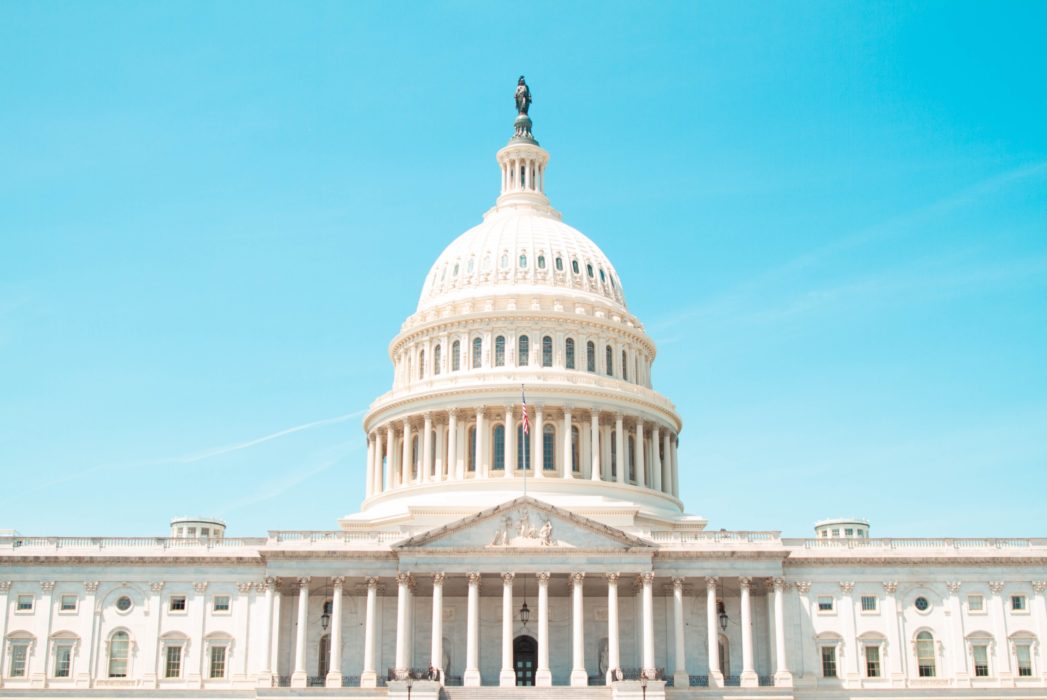
Employees Under 59 ½ Can Take Retirement Plan Distributions Without Penalty Under CARES Act
June 26, 2020
By Michael Burns, courtesy of SBAM Approved Partner ASE
The Coronavirus Aid, Relief, and Economic Security (CARES) Act was passed in response to the COVID-19 pandemic. This law allows retirement plan participants access to their retirement plans through plan account distributions and loans that do not suffer the 10% penalty tax usually assessed for early distributions from plans.
This temporary allowance is also applicable toward the 25% additional tax under distributions from SIMPLE IRA’s. This allowance is only through December 30, 2020. Plan participants can access up to $100,000. They are allowed to take equal installments over a three year period thereby lowering the income tax impact, and the participant also has three years to repay the distribution should they so choose thereby undoing the tax consequences of the distribution.
Employees choosing to take a loan from their retirement account rather than a distribution –
If they already have a loan out and are in the process of repaying it, they can suspend those payments through the end of this year. Those just taking a loan may take out an additional $50,000 above the previous limit of $50,000 for a total loan of up to $100,000. This loan limit increase is in place until September 22nd of this year.
An eligible retirement plan includes an individual retirement arrangement (IRA) under § 408(a) or (b), a qualified plan under § 401(a), an annuity plan under § 403(a), a § 403(b) plan, and a governmental deferred compensation plan under § 457(b).
Last week the IRS published a new notice (2020-50) under the CARES act that expands the definition of a qualified individual and also addresses other factors such as rescissions of job offers, reductions in pay, and delayed employment start dates. This new guidance also addresses consequences resulting from the impact of the COVID-19 virus if a spouse or household member gets it.
A qualified individual is anyone who:
- is diagnosed, or whose spouse or dependent is diagnosed, with the virus SARS-CoV-2 or the Coronavirus disease 2019 (collectively, “COVID-19”) by a test approved by the Centers for Disease Control and Prevention (including a test authorized under the Federal Food, Drug, and Cosmetic Act); or
- experiences adverse financial consequences as a result of the individual, the individual’s spouse, or a member of the individual’s household (that is, someone who shares the individual’s principal residence):
The temporary rule change allows employers to offer these modified access terms and get the tax advantages even if they do not formally change the plan document. The employee can self-certify that they are a qualified individual, and that is all a plan administrator has to rely on.
Source: Notice 2020-50; IRS Issue Number IR 2020-124 (June 19,2020)